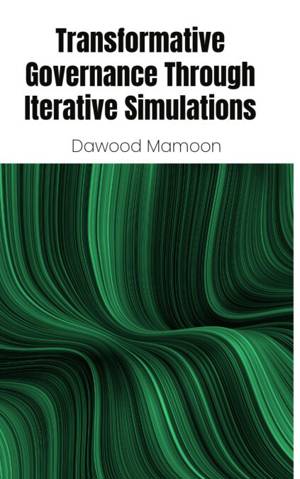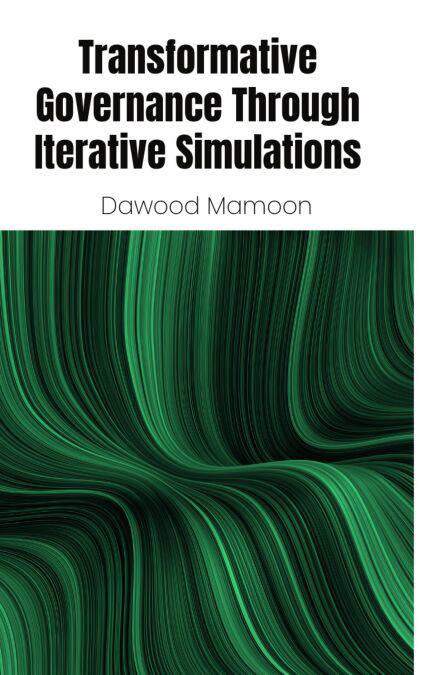
- Retrait gratuit dans votre magasin Club
- 7.000.000 titres dans notre catalogue
- Payer en toute sécurité
- Toujours un magasin près de chez vous
- Retrait gratuit dans votre magasin Club
- 7.000.0000 titres dans notre catalogue
- Payer en toute sécurité
- Toujours un magasin près de chez vous
Description
This book introduces a forward-looking empirical strategy, one rooted in theoretical innovation and future-oriented simulation, to address the political, economic, and cultural dimensions of the Ukraine-Russia conflict. At its heart lies a new econometric paradigm that redefines the use of data: not only extrapolating from the past and present but also modeling the future as a set of structured preferences and institutional scenarios. This approach serves both peace-building and policy optimization, particularly when traditional econometric models fail to capture the complex intersection of governance, identity, and international legitimacy. Moreover, the framework is expanded to tackle the broader challenge of identity politics in the United States, Europe, and India, where socio-political polarization has begun to compromise economic cohesion and institutional trust. By incorporating both qualitative and quantitative metrics into a unified, mixed-method simulation framework, this policy approach becomes a robust model for democratic resilience and inclusive prosperity.
Spécifications
Parties prenantes
- Auteur(s) :
- Editeur:
Contenu
- Langue:
- Anglais
Caractéristiques
- EAN:
- 9798231068869
- Date de parution :
- 01-06-25
- Format:
- Ebook
- Protection digitale:
- /
- Format numérique:
- ePub

Les avis
Nous publions uniquement les avis qui respectent les conditions requises. Consultez nos conditions pour les avis.






